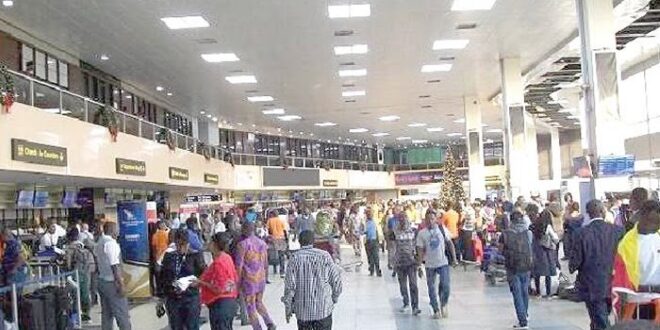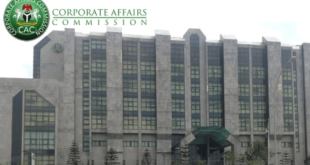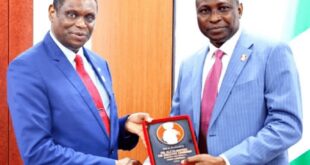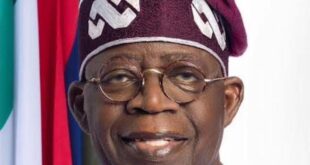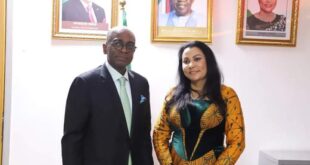At least 14,917 Nigerians from across Africa and Europe voluntarily returned to the country between 2021 and 2023.
This is according to Sunday PUNCH analysis of data obtained from the International Organisation for Immigration under its Assisted Voluntary Return and Reintegration programme for the years under review.
It also includes more than 1,000 Nigerians who received protection and reintegration support from the government to return home under the initiative, Cooperation on Migration and Partnership for Sustainable Solutions.
Launched in 2021, COMPASS is being implemented by the International Organisation for Migration and the Ministry of Foreign Affairs of the Kingdom of The Netherlands.
COMPASS noted that it had facilitated the “dignified return of 1,013 Nigerians stranded in Mali, Lebanon, Morocco, Dubai, Libya and Niger. About 110 have received mental and psychosocial support. Over 600 victims of trafficking received the necessary attention for their protection, while 19 unaccompanied migrant children were reconnected with their families.”
The reports capture all AVRR of the migrants, mostly fleeing harsh conditions in their destination or transit countries.
According to the IOM, the main source of stress for returnees who find themselves in a state of regret and limbo between what they planned to achieve and what they have at hand upon return is ‘often the uncertainty about their future, source of income and their place within the community’.
Within that period, the number of Nigerians who voluntarily returned home rose by 291 per cent, from 1,408 in 2020 to 5,783 by December 2022.
However, that number pales compared to over N10,000 Nigerians who have died since 2017 while illegally migrating to Europe through the Mediterranean Sea and the deserts.
The breakdown shows that 1,408, 6,656 and 5,783 Nigerians returned home in 2020, 2021, and 2022, respectively.
The data also showed that most returnees were fleeing the State of Libya and the Niger Republic.
In the last two decades, Libya has served as a destination and transit point for millions of Nigerians embarking on the desperate journey to Europe through the Mediterranean.
Since the ousting of its former leader, Muammar Gaddafi, in 2011 and the ensuing instability, there have been rising cases of alleged slave trade and extortion, which has reportedly become an income source for some Libyan communities.
Data from the IOM Displacement Tracking Matrix showed the top five nationalities of migrants in Libya, including Nigerians, Nigeriens, Egyptians, Sudanese, and Chadians.
The reports show that the most vulnerable set of returnees were Victims of Trafficking, survivors of Gender-Based Violence, unaccompanied minors, those with severe mental and psychosocial needs, physical health needs, and those exposed to violence or who experienced other forms of exploitation.
Speaking on the matter, Public Relations Officer of the National Agency for the Prohibition of Trafficking in Persons, Zakaria Dauda, said although most returnees aborted their journeys to return to the safety of their home country, some are simply marking time before venturing out again.
He said the agency has revved up its awareness campaign to deter more desperate journeys. Despite push factors such as high unemployment and insecurity, Dauda argued that the grass is not greener on the other side as portrayed.
“We are doing a lot of sensitisation to cover some of these gaps. But there are push and pull factors where some people believe the grass is greener on the other side of the fence. And so, they want to cross over to go and see.
“But the grass is only as green as you water it. There is no free lunch anywhere. These are some of the things we try to let particularly young people know. Because if you look closely at the IOM figures, you will find that most of them are young people, some are as young as 12 to 25 years old,” Dauda told Sunday PUNCH.
Stephen Angbulu,wrote this and published in the Punch.
 The Commerce Africa African Reneissance
The Commerce Africa African Reneissance
